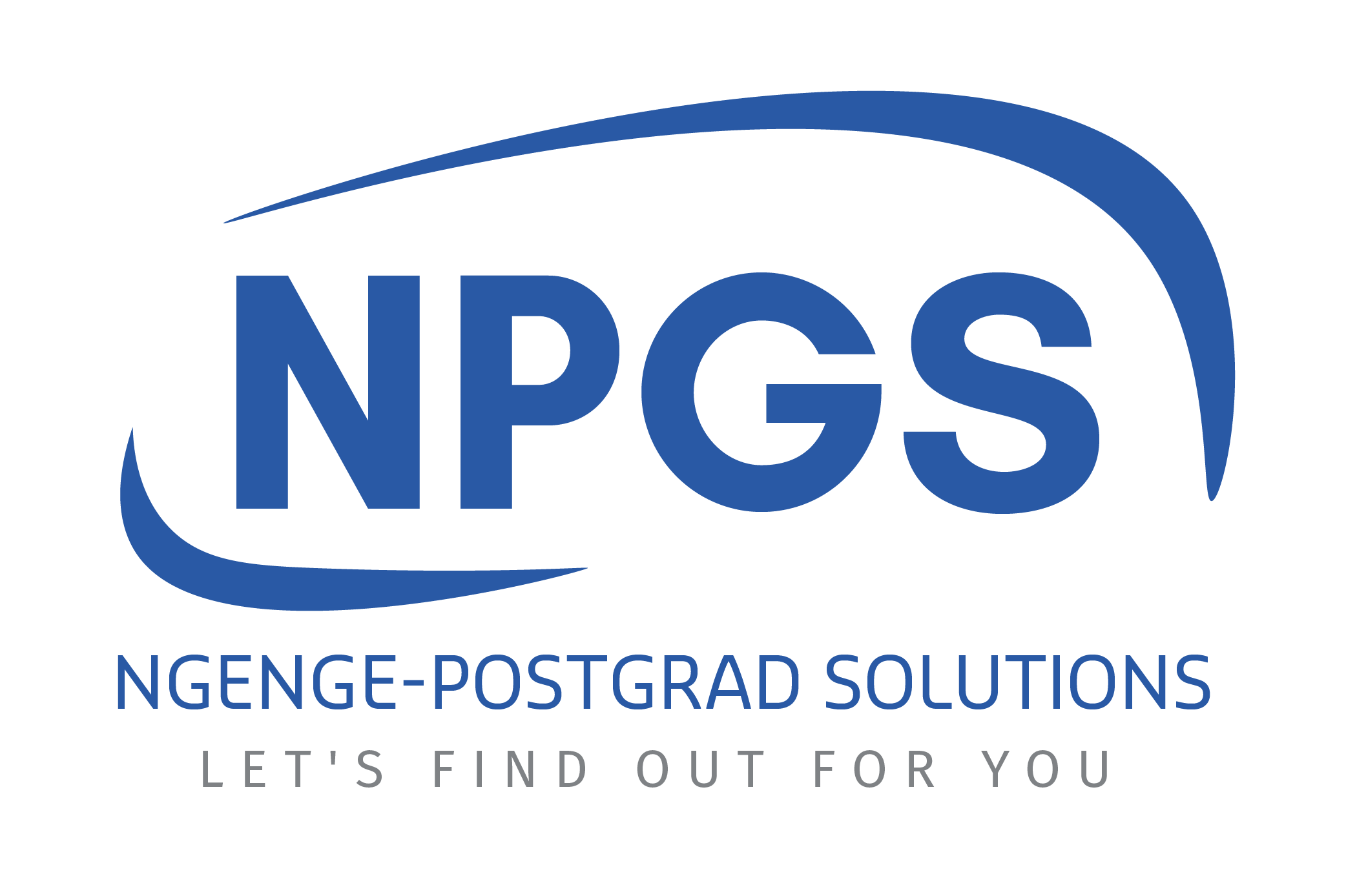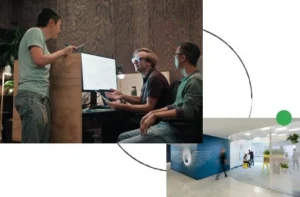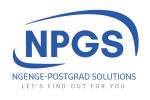In providing Humboldt Research Fellowships for experienced researchers, the Alexander von Humboldt Foundation enables highly-qualified scientists and scholars from abroad, who completed their doctorates less than twelve years ago1 to spend extended periods of research (6-18 months; may be divided up into a maximum of three blocks) in Germany. Candidates are expected to have their own, clearly defined research profile. This means they should usually be working at least at the level of Assistant Professor or Junior Research Group Leader or be able to document independent research work over a number of years. Scientists and scholars from all disciplines and countries may apply.
The research outline is carried out in cooperation with academic hosts at research institutions in Germany. Applicants choose their own topic of research and their host in Germany. Details of the research outline including information on the intended duration of the fellowship must be agreed with the intended host before applying. The duration of the research fellowship (6-18 months) may be divided up into a maximum of three visits lasting a minimum of three months each. No more than 36 months may elapse between the beginning of the first stay and the end of the last stay. Short-term visits for study and training purposes or for attending conferences are not eligible for sponsorship.
Candidates are selected solely on the basis of the evaluation of their academic qualification. There are no quotas for individual disciplines or countries. A candidate’s academic qualification is assessed on the basis of the following criteria:
– academic record and academic performance to date (mobility, determination, breadth of research activities, academic productivity)
– quality of key publications specified in the application (originality, degree of innovation, applicant’s contribution in cases of multiple authorship)
– originality and innovation potential of the suggested research outline (significance for the advancement of the discipline, convincing choice of academic methods, prospects for academic development of the applicant, clear focus and feasibility of realization within the requested funding period and at the chosen host institution)
– the applicant’s future potential (academic potential, further academic development, career prospects, prospect of a professorial appointment)
Applications are assessed on the basis of independent peer reviews requested by the Humboldt Foundation. The final decision is taken by a committee composed of academics from all disciplines in the framework of the funding available.
Fellowship specifications
The fellowship is worth 3,170 EUR per month. This includes a mobility lump sum and a contribution towards health and liability insurance.
Additional benefits for research fellows:
– lump sum for the fellow’s travel expenses if the costs are not borne by a third party;
1 Researchers who completed their doctorates less than four years ago may apply for “Humboldt Research Fellowships for postdoctoral researchers”.
as of July 2019
– language fellowship for an intensive language course lasting two to four months at selected language institutes in Germany immediately prior to the actual period of research; language fellowships may also be granted to accompanying marital partners.
– family allowances for accompanying family members staying at least three months (monthly allowance: up to 346 EUR for marital partners and up to 274 EUR for each child);
– for single-parents: flat-rate allowance for accompanying children (under the age of 18) for stays of at least three months (400 EUR per month for the first child and 100 EUR per month for every additional child);
– additional extension of the fellowship up to 12 month for research fellows accompanied by children under the age of 12;
– a subsidy towards research costs to be paid to the hosts in Germany amounting to 800 EUR per month (for research in the natural sciences and engineering) and 500 EUR (for research in the humanities and social sciences);
– Europe allowance for a research stay at a research institute in another European country (though not the research fellow’s own country); for a designated period in the course of the fellowship if necessary to ensure the success of the research;
– extensive alumni sponsorship once a successful research stay has come to an end, especially for maintaining contacts with collaborative partners in Germany during the Humboldtian’s entire academic career.
Application requirements
1. Doctorate or comparable academic degree (Ph.D., C.Sc. or equivalent), completed less than twelve years prior to the date of application. If it is not possible or customary to take a doctorate in the candidate’s subject or country, an application may be submitted up to 16 years after completing a Master’s or Diploma degree, provided that the publication record is commensurate with the candidate’s career stage.
2. The candidate’s own research profile documented by a comprehensive list of academic publications reviewed according to international standards and printed in journals and/or by publishing houses.
3. Confirmation that research facilities are available and mentoring agreement and a detailed expert’s statement by an academic host at a research institution in Germany.
4. Two expert reviews from important collaborative partners and/or academics from the candidate’s own institute and, if possible, from abroad.
5. Necessary language skills: humanities or social sciences and medicine: good knowledge of German if it is necessary to carry out the research successfully; otherwise a good knowledge of English; natural sciences and engineering: good knowledge of German or English.
Eligible applicants must have lived outside Germany for a minimum of 12 months in total in the 18-month period prior to submission of the application.Potential applicants of German nationality are eligible to apply provided that their habitual place of work and residence has been located abroad on the assumption of permanence for at least five years. Potential applicants who have completed their school education and one university degree or one university degree and their doctorate in Germany are subject to the regulations governing German citizens.







